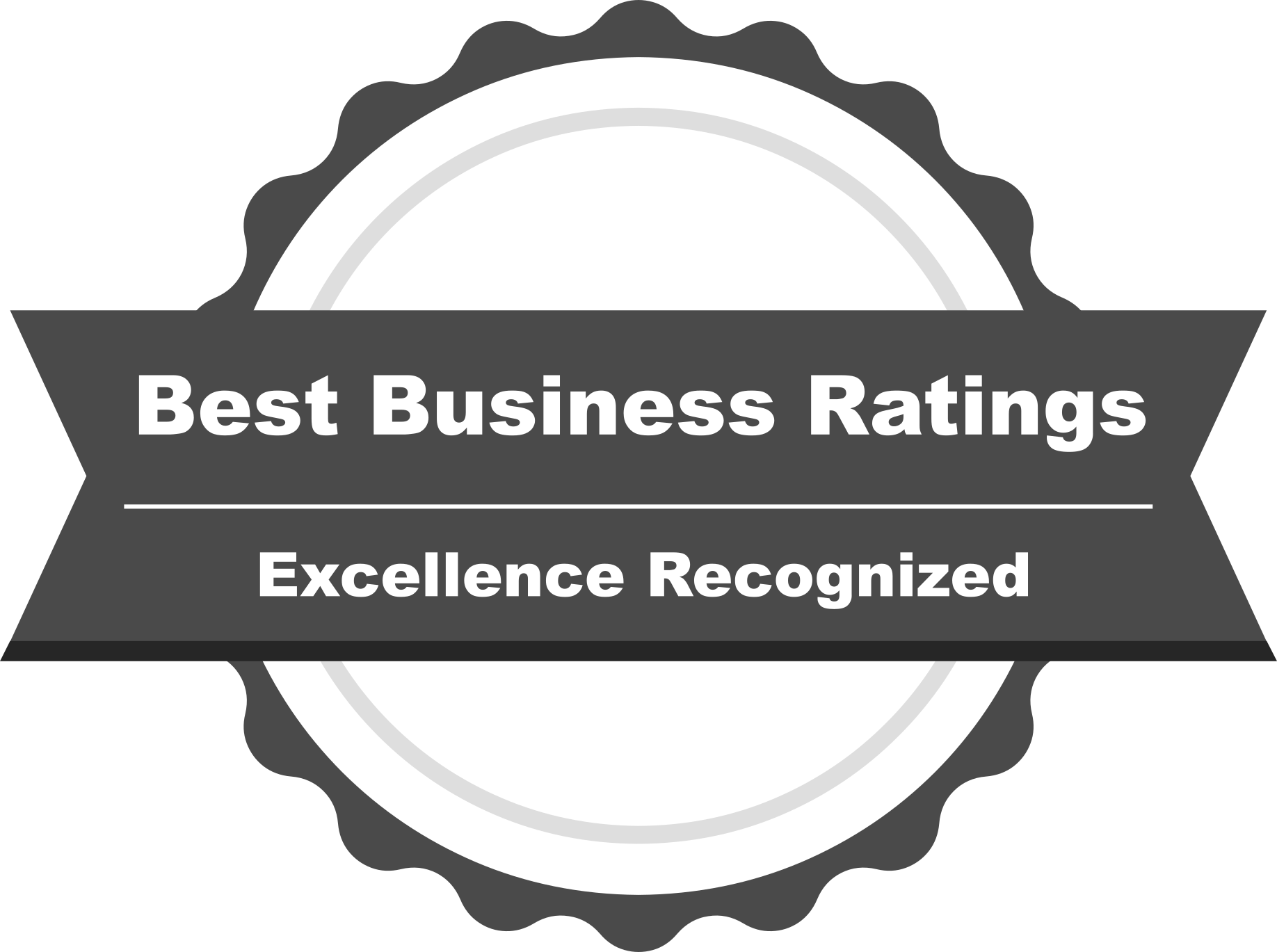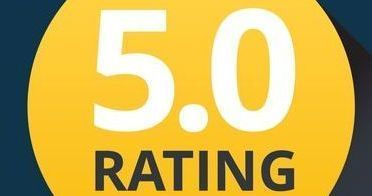
Address
4321 Kingwood Dr. STE 168
Houston, Tx 77339
Get in touch
832-527-8611
patrick@bestbusinessratings.com
Follow us
Credit Cards Rewards
High Cash Reward
Transfer Credit Card
Best Business Ratings
About Credit Score And Credit Report.
How often should someone check their credit report?
Your credit score and credit report play a crucial role in determining your financial health and ability to access credit. Understanding the difference between the two and how they impact your finances is essential for making informed decisions about your money.
Your credit score is a three-digit number that represents your creditworthiness to lenders. It is calculated based on information in your credit report, such as your payment history, credit utilization, length of credit history, types of credit used, and new credit inquiries. Credit scores typically range from 300 to 850, with higher scores indicating better creditworthiness.
On the other hand, your credit report is a detailed record of your credit history maintained by credit bureaus like Equifax, Experian, and TransUnion. It includes information about your credit accounts, payment history, outstanding debts, and public records like bankruptcies or tax liens. Lenders use this information to assess your credit risk when you apply for credit or loans.
It's important to regularly monitor your credit report to check for errors or fraudulent activity that could negatively impact your credit score. You are entitled to a free copy of your credit report from each of the three major credit bureaus every year, which you can access at AnnualCreditReport.com.
Improving your credit score takes time and effort, but there are steps you can take to boost your creditworthiness. These include making on-time payments, keeping credit card balances low, avoiding opening too many new accounts at once, and regularly monitoring your credit report for inaccuracies.
Having a good credit score can make it easier to qualify for loans, credit cards, and favorable interest rates. It can also save you money in the long run by helping you secure better terms on financial products. By understanding how your credit score and credit report work, you can take control of your financial future and make smarter decisions about borrowing and managing your finances.


























